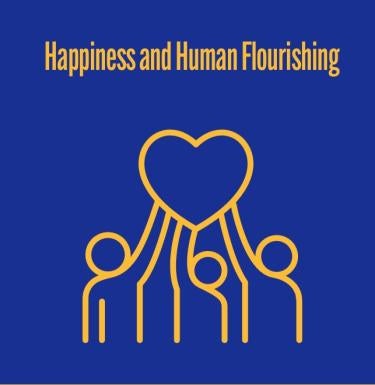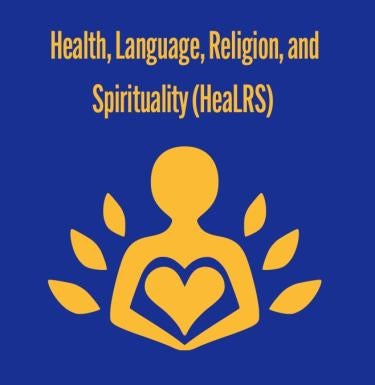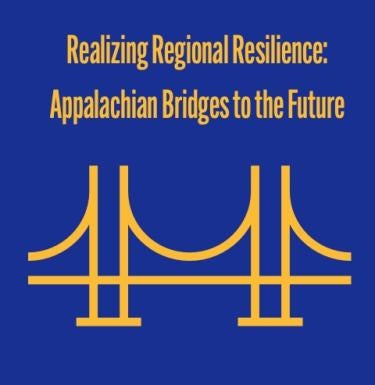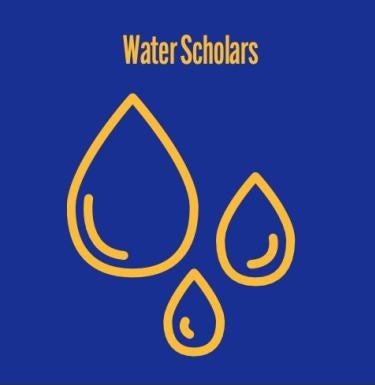Scholar Communities
Scholar communities address critical 21st-century issues alongside all the brightest minds — faculty, students, and community experts across different disciplines. By bringing together scholars from different perspectives, we create a comprehensive hub of knowledge that can evolve and grow. Scholar communities are:
- Collaborative: Strengthen your work with insights from broad disciplines, backgrounds, and sectors outside of your focus.
- Dynamic: In a tight community, we can respond quickly to new discoveries, and easily connect findings from disparate fields.
- Impactful: Develop evidence-based solutions that have a tangible effect on a local level, and can also scale globally.
As part of a scholar community, your research will shape (and re-shape) the foundation for other scholars working toward the same goal.
Read more about the pillars of our mission here!
Guidelines
Scholar communities are designed to explore a community, social, or political issue as it relates to community engagement and service learning. Communities are meant to provide co-curricular value for students reinforcing social responsibility and learning through community engagement.
Scholar communities should foster social responsibility and interdisciplinary experiences that provide unique opportunities for FHC students to engage around an issue and work towards positive change.
Communities should engage in high-impact practices that implement grounded theories and investment in intentional community impact to foster learning, academic inquiry, and holistic growth. Successful FHC scholar communities demonstrate active practice of:
- Service: direct and intentional work with community partner(s)
- Engagement: activities to build issue awareness within FHC community and broader Pitt community
- Curriculum: coursework to reinforce the philosophical underpinnings and practices associated with the scholar community.
Are you interested in starting a scholar community? Review the scholar community guidelines (PDF) and contact Catherine Cordova at catherine.cordova@pitt.edu with questions or for more information.





